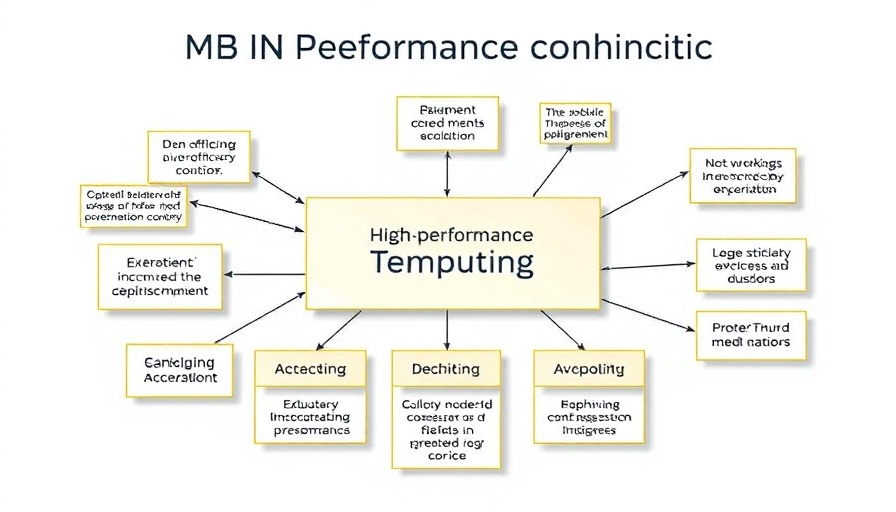
Revolutionizing High-Performance Computing with Exo 2
The landscape of high-performance computing (HPC) is on the brink of transformation with Exo 2, a novel programming language developed by researchers at MIT's Computer Science and Artificial Intelligence Laboratory (CSAIL). This innovative language advocates a user-schedulable approach, granting programmers enhanced control over how their code is scheduled, significantly speeding up computational processes with as little as a few hundred lines of code.
What Is Exo 2?
Exo 2 belongs to a new category of programming languages dubbed user-schedulable languages (USLs). Unlike traditional programming languages that rely on opaque compilers to generate high-performance code, USLs empower programmers to write explicit schedules for code execution. This unique control enables performance engineers to transform simpler programs into optimized versions, ensuring greater speed and efficiency in computation.
Why Exo 2 Matters in Today's Tech Landscape
The demand for high-performance computing plays a critical role in driving advancements in artificial intelligence (AI) and machine learning applications. Leading companies, such as NVIDIA, invest heavily in developing complex libraries that support these systems. However, with Exo 2, even a small team of students can achieve results rivaling these state-of-the-art libraries with considerably less effort.
Streamlined Coding: Less Is More
One of the most remarkable feats of Exo 2 is its ability to reduce the total schedule code by up to a factor of 100 compared to existing alternatives. Lead author Yuka Ikarashi, a Ph.D. student at MIT, emphasizes that this programming language promotes code reuse across various components called kernels. By minimizing the amount of code necessary for implementation, Exo 2 drastically lowers the barrier for developers and hardware implementers.
The Power of Flexibility with External Scheduling
In contrast to earlier versions, Exo 2 allows for external definitions of new scheduling operations, which facilitates the creation of reusable scheduling libraries. This flexibility is pivotal in enhancing performance across diverse data types and architectures—a crucial need in the evolving landscape of HPC.
A Novel Mechanism for Precision
Exo 2 incorporates a groundbreaking mechanism called Cursors, which maintains a stable reference to object code throughout the scheduling process. This advancement is essential for encapsulating schedules as library functions, making the overall coding experience more robust and consistent.
Future Directions for Exo 2
Looking ahead, the team plans to expand Exo 2's functionality to encompass various hardware accelerators, including GPUs. By continuously refining compiler analysis, the researchers aim to improve correctness, compilation time, and expressivity, further solidifying Exo 2's position as a critical player in the realm of HPC.
Impact on the Industry
The developments surrounding Exo 2 are particularly exciting as they promise to democratize access to high-performance computing. With increasing reliance on machine learning and AI, tools like Exo 2 are invaluable for engineers aiming to optimize processing efficiency, potentially reshaping industries that depend on these technologies.
As we witness the exciting evolution of programming languages like Exo 2, it's evident that the future of high-performance computing is bright—driven by innovation, efficiency, and accessibility.
 Add Row
Add Row  Add
Add 




Write A Comment